When it comes of aviation reputation management, are online reviews really all that important? And can you do anything about them, anyway?
As a busy aviation company CEO or president, is this something that should even be on my radar?
[embedyt] https://www.youtube.com/watch?v=5lcwRPTG_D8[/embedyt]
[smart_track_player url=”http://traffic.libsyn.com/aviationmarketing/Why_Manage_Reviews_Podcast.mp3″ background=”default” ]
Paula Williams: Welcome to this week’s episode. I’m Paula Williams.
John Williams: I’m John Williams.
Paula Williams: And we are ABCI, and ABCI’s mission is …
John Williams: To help all you ladies and gentlemen out there sell more products and services in the aviation world.
Aviation Reputation Management – Defense Against the Dark Arts?
 Paula Williams: Right, exactly. This week we are doing a topic that we have just touched on in years past but have never really spent any time on. And it is something that is incredibly important to anyone who is doing any kind of marketing or working with the public or anything like that. So we’re going to call this defense against the dark arts. If you’re a Harry Potter fan, you know exactly what I’m talking about. If you are not a Harry Potter fan, beg, borrow, and steal some kids …
Paula Williams: Right, exactly. This week we are doing a topic that we have just touched on in years past but have never really spent any time on. And it is something that is incredibly important to anyone who is doing any kind of marketing or working with the public or anything like that. So we’re going to call this defense against the dark arts. If you’re a Harry Potter fan, you know exactly what I’m talking about. If you are not a Harry Potter fan, beg, borrow, and steal some kids …
John Williams: And ask.
Paula Williams: … and watch some movies. Exactly. Or read some books. Even better. Okay. So this episode is being brought to you by a new product, our aviation reputation management product.
John Williams: Yes.
Paula Williams: Which is something that we developed in response to some things that were happening with some of our clients that we’ll talk a little bit about, not in detail, but we will keep things confidential. But I do think that it’s happening to more people more often as reviews become more influential and people are, consumers especially are recognizing their power and they’re using it to terrorize companies. Right?
John Williams: I think we can have some fun with this podcast, so …
Paula Williams: Absolutely.
John Williams: … we’ll see how good you are with your answers.
Paula Williams: We’ll do our best. So just to briefly explain the metaphor. In one of the Harry Potter books, they talk about there’s a conversation between two sets of teachers. Should we be teaching defense against the dark arts or should we just not have kids know that there is evil in the world, right?
Can’t We Just Let Our Online Reputation Manage Itself?
John Williams: Right. They’re going to find out one way or the other.
Paula Williams: Exactly. And the same argument applies to should we be teaching business owners how to manage reviews or should we just let those reviews happen on their own? And I think a lot of business owners in the past have just kind of let this happen on its own and refused to acknowledge the existence of these review sites and how influential they can be. They openly scoff at some of them.
John Williams: Rightly or wrongly.
Paula Williams: Right, and I think you were one of the openly scoffers, at least in years past. Is that right?
John Williams: With respect to what?
Paula Williams: Reviews.
John Williams: Oh. No, I don’t even look at them.
Paula Williams: Right. Until you do.
John Williams: Well, the reason is because you never know whether it’s the company putting reviews out there. They’ll say these are validated reviews, but so?
Paula Williams: Right. And we’ll talk about that, how some of these companies screen the reviews, how to get a review removed if you think it is unfair or inappropriate, how hard it is to get a review removed, and so on. So anyway, the point is that bad reviews are real and they really can kill you.
John Williams: Yes, they can.
Paula Williams: Now, a lot of times in aviation we have to look at other industries, because we just don’t have the numbers and we don’t necessarily have the professional organizations that like restaurants or the finance industry and other kinds of things may have looking at some of the statistics. So our statistics are not as statistically significant as other industries’ statistics.
John Williams: Well, they are with respect to our industry.
Bad Reviews Can Kill You!
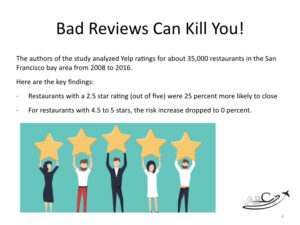 Paula Williams: That’s true. But we’re going to use a statistic from the restaurant industry, because it is also competitive just like us. It is customer service just like us and has some similarities to us. So this is from a Harvard review of Yelp ratings of 35,000 restaurants in the San Francisco Bay area between 2008 and 2016. So restaurants with a 2.5-star rating out of five were 25% more likely to close. Restaurants with a 4.5 to five-star rating, the risk increase dropped to 0%. Now, there’s a lot of reasons for that. I’m sure that the restaurants that were getting good reviews were managing their business well and doing a lot of things right, and 35,000 is not a huge number, but it’s better than anything we could find from the aviation industry. So it’s still pretty significant.
Paula Williams: That’s true. But we’re going to use a statistic from the restaurant industry, because it is also competitive just like us. It is customer service just like us and has some similarities to us. So this is from a Harvard review of Yelp ratings of 35,000 restaurants in the San Francisco Bay area between 2008 and 2016. So restaurants with a 2.5-star rating out of five were 25% more likely to close. Restaurants with a 4.5 to five-star rating, the risk increase dropped to 0%. Now, there’s a lot of reasons for that. I’m sure that the restaurants that were getting good reviews were managing their business well and doing a lot of things right, and 35,000 is not a huge number, but it’s better than anything we could find from the aviation industry. So it’s still pretty significant.
John Williams: You can make statistics, say anything you want, but just taking this one at face value is what we’re trying to do to give you an idea of what’s going on.
Paula Williams: Right, exactly. So customers do look at reviews. Maybe not John, but there are people that do, and especially if they’re looking at two options and they see a review from someone they know on one of those reviews, and everybody in aviation knows everybody else in aviation or at least knows of them. So if you can get a review from someone that is well known and well respected, positive or negative, that’s going to have a huge impact on your company reputation.
John Williams: Yes, but I prefer reviews from individuals I know that have purchased products rather than going to a site and saying, “Oh, look.” I’ll glance at them to see if the majority of them, and if I look at anything, I’ll look at the bad ones.
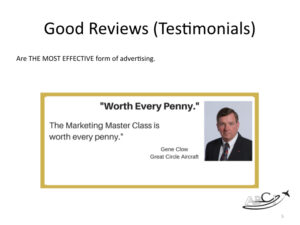 Good Reviews (Testimonials) Are the Best Kind of Advertising!
Good Reviews (Testimonials) Are the Best Kind of Advertising!
Paula Williams: Yeah, there you go. Okay. So good reviews or testimonials are the most effective form of advertising. So whenever we start working with a new customer, we ask them in our first or second meeting,
“Do you have any happy customers we can interview and get some good testimonials from?” Because what we say as your marketing company and what you say as the company is a lot less influential than what someone else says, especially if you know [inaudible 00:06:01] and you know what he likes and doesn’t like and you know how particular he can be.
John Williams: And how successful his business is.
Paula Williams: Exactly, and how long he’s been in the business. Then this is going to mean a lot more to you than a just a plain four-star, five-star anonymous from initials kind of thing. So good reviews are gold. Use them everywhere. Put them in your printed materials, share them to your social media pages.
Bad reviews will kill you. So this is not something that you can dismiss the importance of and keep a healthy company, at least not anymore. Right? Okay. Okay.
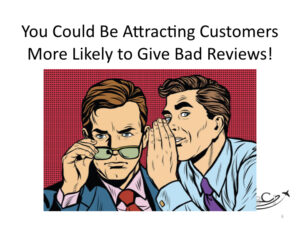 Customers Most Likely to Give Bad Reviews – The “Habitually Aggrieved”
Customers Most Likely to Give Bad Reviews – The “Habitually Aggrieved”
So let’s talk about, speaking of defense against the dark arts. You could be attracting customers that are more likely to give bad reviews. Now, there was a time about a year ago, I think, when there was a company that was doing aviation pr, and they were a lot less expensive than we are, but they were taking people’s money and disappearing, basically. Now, we had an opportunity and we actually talked about this.
There is a group of people who has just been bilked or just been done dirty by somebody in our industry. We could go after those people and we could get those customers and we could have done that. We decided not to for two reasons. One, because he was not in the same price range that we were. He was charging a lot less than we were. Number two, we don’t necessarily want customers that have just been burnt. Right?
John Williams: Exactly.
Paula Williams: Because just like rebound dating …
John Williams: Oh, yeah.
Paula Williams: … you wouldn’t encourage your best friend to go out with somebody who just went through a horrific divorce.
John Williams: Or got dumped.
The Hazards of Rebound Dating Your Competitors’ Exes
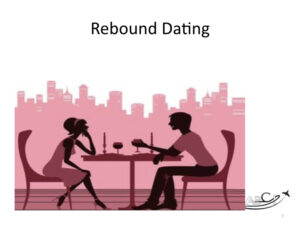 Paula Williams: Or got dumped. Exactly. Because there’s the suspicion. There is the … There are some people that are just harder to please than others. And one way that you might be doing that is if you are going after those opportunities where maybe a competitor is leaving people with a bad taste in their mouth and you’re purposely going after those people. Those people are going to be more inclined to be suspicious and so on.
Paula Williams: Or got dumped. Exactly. Because there’s the suspicion. There is the … There are some people that are just harder to please than others. And one way that you might be doing that is if you are going after those opportunities where maybe a competitor is leaving people with a bad taste in their mouth and you’re purposely going after those people. Those people are going to be more inclined to be suspicious and so on.
It might be better to give them six months or something like that, just like in dating, and then see how things go rather than go after them right away.
The other thing that you might or your sales people might be doing is speaking badly of competitors.
John Williams: That’s never a good deal.
Paula Williams: Once you start that spiral and you start that negative thought process, then that negative thought process can very easily turn on you. So whenever we’re in the sales process with someone and they’re speaking badly about their suppliers and the marketing people they worked with in the past and their customers or anybody else, once they start that negative thought pattern.
Then we very seriously consider do we really want this customer and is this somebody that we could really turn things around for and is it worth it as opposed to we kind of have a track record of our very best customers are really good business people who have always had good relationships with the people they do business with.
John Williams: Exactly.
Paula Williams: So if you’re hearing a lot of good things, even if you have to work with another marketing company or even if there is a competitive situation, you have to address feature by feature rather than subjectively tearing somebody down. You want to make sure you take the high road, not just for ethical reasons, but also for practical reasons for good aviation reputation management. Right?
The Dreaded One-Star Review
John Williams: And we have actually, I don’t know what word to use, dismissed, gotten rid of, ceased marketing for companies that are like that.
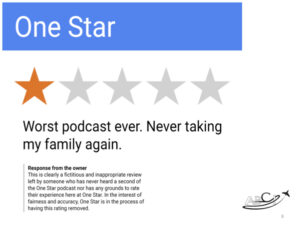 Paula Williams: Especially if they don’t like their customers. That’s probably the kiss of death. If you don’t like your customers, you really have no business selling something to them. So yeah, that’s thing number one is really the attitude and the projection and the way that you’re setting that up. If you’ve got advertisements that say, “Have you been done wrong by a charter company, then maybe we should get together and we’ll solve that problem for you and if you’ve had a bad experience with our competitor, then try us instead.”
Paula Williams: Especially if they don’t like their customers. That’s probably the kiss of death. If you don’t like your customers, you really have no business selling something to them. So yeah, that’s thing number one is really the attitude and the projection and the way that you’re setting that up. If you’ve got advertisements that say, “Have you been done wrong by a charter company, then maybe we should get together and we’ll solve that problem for you and if you’ve had a bad experience with our competitor, then try us instead.”
So that may be setting you up in a way for problems in this area. Okay.
Sometimes you’re going to get bad reviews that are unfair, right? There’s a bunch of billboards last year around Salt Lake city that were snowbird and people were giving them one-star reviews, because it is a very challenging resort and that’s what some people want.
But if somebody has got little kids or it’s their first time skiing or whatever, they’re going to spend most of their time upside down in a snowbank and that’s not going to be any fun. And they actually turned that around and used their one-star reviews as billboards.
John Williams: Yes, they did, and quite effectively.
Paula Williams: Right. So they’re actually repelling customers that they don’t want. This one is clearly … This is a review about a podcast. Someone gave them a one-star review and said, “I’m never taking my family there again.” It’s like, well, you don’t take your family to see a podcast. So obviously this is not right. And so in those kinds of situations, that’s where you want to use the review process for the review site and go through those kinds of things. Okay.
Most Likely Negative Review Scenarios
So there are five likely scenarios for negative reviews. Your industry will probably have some slightly different variables and other things, but the most likely one is mistaken identity.
Paula Williams: Well, it’s not the most likely, but it does happen a lot more, I think, than people expect. Two, a jealous competitor.
John Williams: That happens a lot.
Paula Williams: Exactly. Three, customer had a bad experience.
John Williams: It happens.
Paula Williams: Right? Four, equipment, facility, weather, something out of your control. Five, you or someone on your team screwed up.
John Williams: That also happens.
A Process For Managing Reviews Without “Feeding the Trolls”
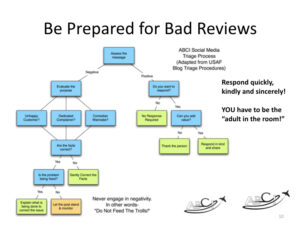 Paula Williams: It does happen. No matter what the scenario is, we do have a process that we use and that we recommend and that we use with our customers as well with people that we’re managing their social media and their reviews. So first you assess the message. You decide whether it’s positive or negative. In some cases, it’s mixed, which is fine, too. If it is negative, you want to evaluate the purpose.
Paula Williams: It does happen. No matter what the scenario is, we do have a process that we use and that we recommend and that we use with our customers as well with people that we’re managing their social media and their reviews. So first you assess the message. You decide whether it’s positive or negative. In some cases, it’s mixed, which is fine, too. If it is negative, you want to evaluate the purpose.
Was it an unhappy customer? A dedicated complainer? Was it a wannabe comedian? And then were the facts correct? If yes, and if the problem is being fixed, you just explain what’s being done to correct the issue. If it is a problem you can’t fix, then you may want to just let it stand and monitor the situation. Just say, “I’m sorry you had a bad experience.” I think we always want to respond almost.
John Williams: Well, but if it’s a problem that is in fact say maintenance or something that’s being corrected, you can’t say nothing.
Paula Williams: Right.
John Williams: You have to say something, and all you really have to do is give a status report. “Parts ordered just got here,” depending on how frequently you want to talk about it, and frankly, how whatever the object is, “and they’re working on it. They estimate whenever.”
Paula Williams: Right. But one thing I cannot emphasize strongly enough is that you want to respond quickly, kindly, and sincerely. No matter how bad the review is, you have to be the adult in the room. “I’m sorry you feel that way, but here’s what’s going on,” and you really want to address it from that situation. You really want to put on your grownup hat and address these in a way that assumes the best intentions on the person, on the part of the person who’s [crosstalk 00:14:01].
John Williams: Any other response or no response is a loser.
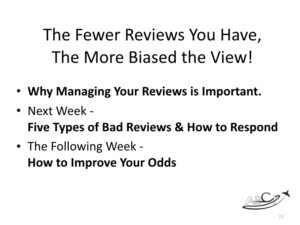 Paula Williams: Exactly. Even if you’re contesting it, you want to respond kindly and quickly and then contest it and say, tell Google or Facebook or Yelp or whomever, “I think this is a fake account. This is not somebody we’ve ever done business with.” Whatever you’re doing on the side, don’t make that public. So you want to be quick, kind, and courteous. Okay.
Paula Williams: Exactly. Even if you’re contesting it, you want to respond kindly and quickly and then contest it and say, tell Google or Facebook or Yelp or whomever, “I think this is a fake account. This is not somebody we’ve ever done business with.” Whatever you’re doing on the side, don’t make that public. So you want to be quick, kind, and courteous. Okay.
Improving Your Odds and Your Average – More Reviews!
So the fewer reviews you have, the more biased the view is of people who are going through those. So if someone only has one or two review and they are customer complaints, that’s a really untenable situation to be in, especially as people are getting in the habit of looking at those reviews before they make a major investment in things. They at least take a look at that. So you want to make sure that you are getting as many reviews as possible to avoid any reputation damage from the one or two situations you may have.
So this week we’re talking about why managing your reviews is important. Hopefully we’ve convinced you that you do need to do something about this, whether you do it yourself, get someone to do it, and so on.
John Williams: Like us.
Paula Williams: Like us. Exactly. Next week we’re going to talk about the five types of bad reviews, we touched on those, and how to respond in a little bit more detail. And then the following week we’re going to talk about how to improve your odds by getting more and better reviews.
John Williams: Good.
Aviation Reputation Management Worksheet
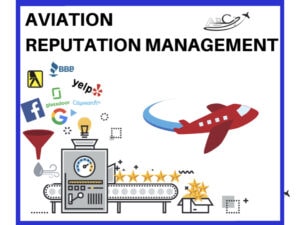 Paula Williams: Okay. All right, so download our reputation management worksheet. You’ll find a link on this page or wherever your … Actually, if you can go to ABCI1.com/tipsheets, you will find that as one of our many tip sheets that you can download and use. And that’s a worksheet that you can use. It’ll have our triage process and also reasons to escalate, reasons to if you’ve got somebody managing your social media and things like that.
Paula Williams: Okay. All right, so download our reputation management worksheet. You’ll find a link on this page or wherever your … Actually, if you can go to ABCI1.com/tipsheets, you will find that as one of our many tip sheets that you can download and use. And that’s a worksheet that you can use. It’ll have our triage process and also reasons to escalate, reasons to if you’ve got somebody managing your social media and things like that.
Sometimes things need to go straight to the CEO. You don’t want to waste a lot of time, but you want to make sure that you’re addressing the things that need to be addressed. And also suggested responses to common problems. We give you some wording that you can play with to make that accurate and make it useful to you.
John Williams: Exactly.
Paula Williams: So if you’re interested in our aviation reputation management product, this is something that’s new and we’ve just come out with it because we researched the online reputation management services and didn’t find one we liked for aviation. Well, number one, we had a need. Some of our clients were running into situations where some of these things were happening to them and we wanted a better way to make sure that we were on top of it. So it is a software plus service, like a lot of our products.
It is a piece of software that we’ve been using ourselves on our own site to monitor and manage those reviews and also to give us a concise view so it saves us time in seeing those all in one place and then managing those reviews.
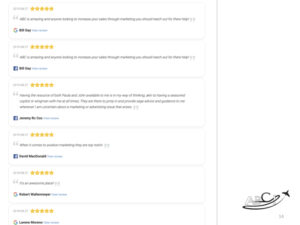 Since we’ve been using it, we’ve been getting a lot of reviews, which is great. So if you know any of these people, thank you very much, Bill and Jeremy and David, for leaving those reviews and we very much appreciate it. If you’d like to leave us a review, you can do that on the site of our website. There’s a little button that says, “Leave us a review,” and then you’ll see how that software works.
Since we’ve been using it, we’ve been getting a lot of reviews, which is great. So if you know any of these people, thank you very much, Bill and Jeremy and David, for leaving those reviews and we very much appreciate it. If you’d like to leave us a review, you can do that on the site of our website. There’s a little button that says, “Leave us a review,” and then you’ll see how that software works.
John Williams: Yes.
Paula Williams: Okay. Thank you for joining us and have a great day.
John Williams: We’ll see you next time.
Podcast: Play in new window | Download
Subscribe: Spotify | Amazon Music | RSS
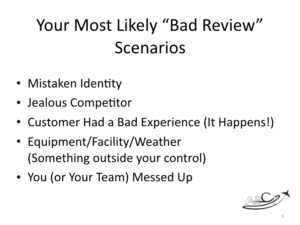



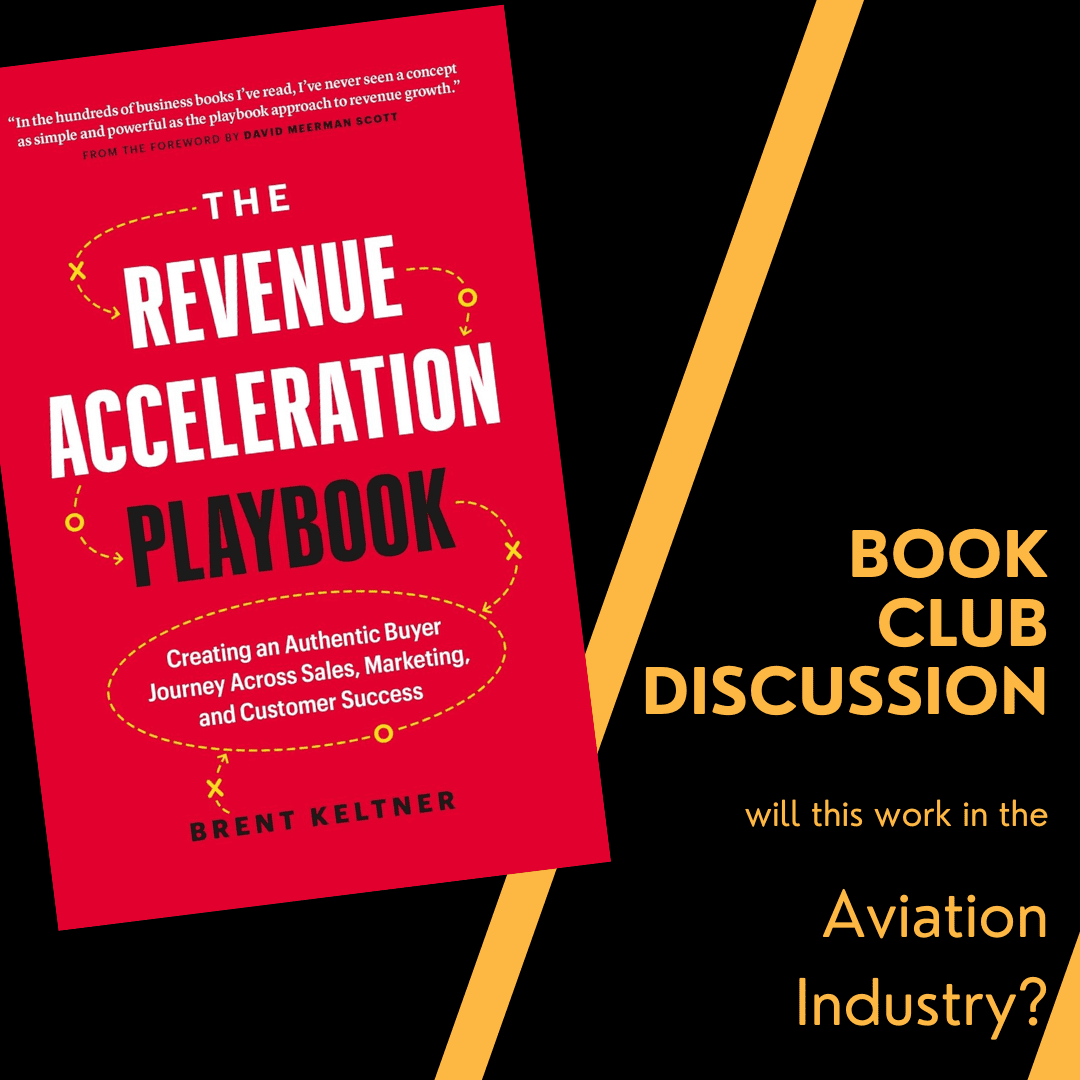
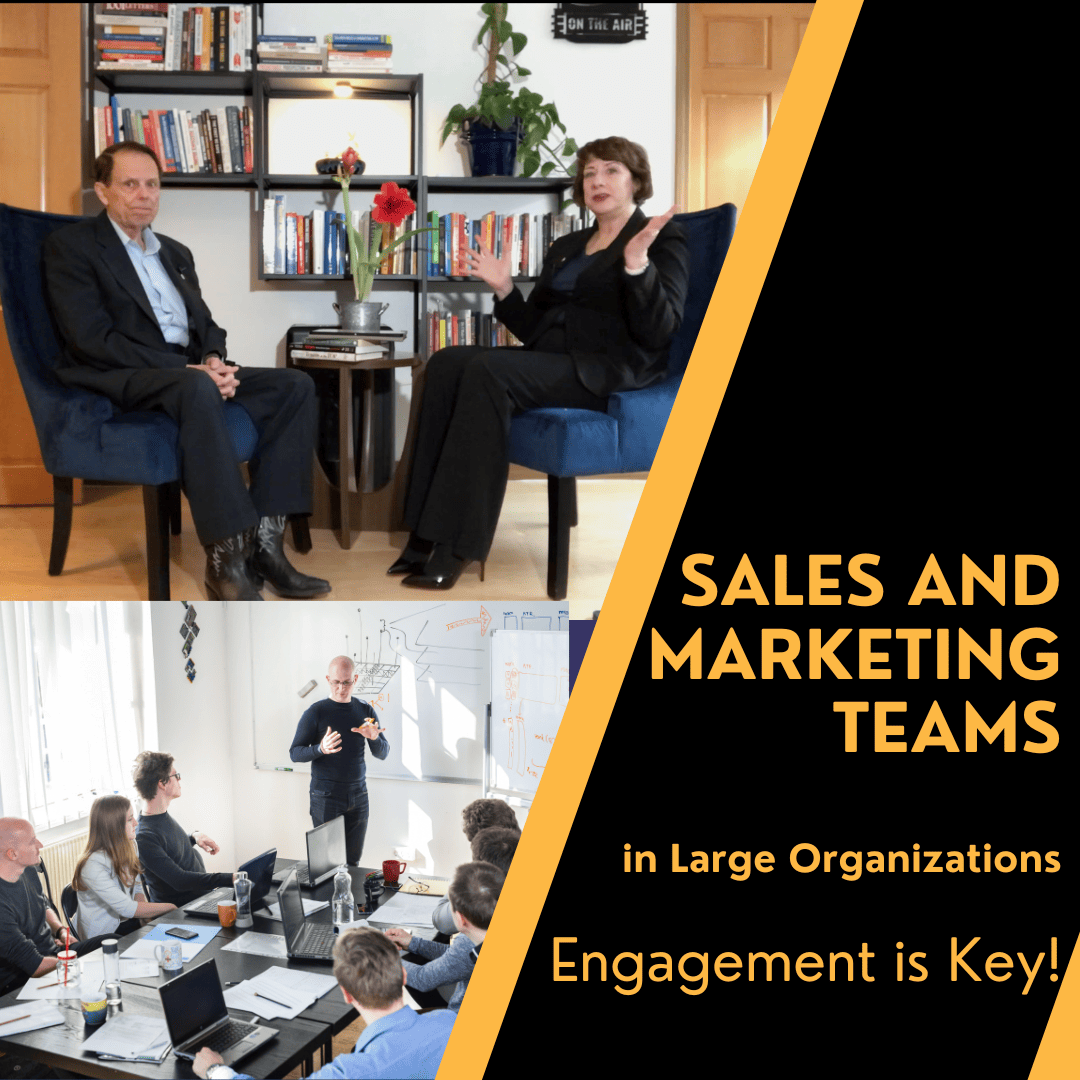
Online reviews play an important part to add more flexibility to buying decisions of customers. With online reviews getting more credibility, local SEO algorithms consider the weight of such reviews in their visibility and rankings, adding more exposure to small and large businesses online.
Useful informatics. To make your shopping exciting, check out this online shop